Text: Bhargav TS
Gates Unitta India, a joint venture company between Gates and Nitta Corporation redefines automotive and industrial market with its cutting edge technology. The company manufactures wide range of belts catering to two-wheelers, passenger cars, commercial vehicle and industrial applications. Gates banks on its inimitable technology, material innovations for a range of applications in the industry and stand out as a leading company to produce belt drives for the motorcycles. Gates substantiates its presence in auto segment with a revenue contribution of 65% and diversified its presence in industrial space in the recent past.
The Managing Director of Gates Unitta India V Sundar told Auto Components India in its plant near Chennai that, “Every technology has its own premium and it is left to OEM to choose and balance the technology concerning and considering the buying standards of the people. Strength, dependability, stability, consistency, durablity and enhanced adjustability are the reasons to develop the Polychain Belt Drive system. Globally the premium motorcycles like Harley Davidson and Hyosung use our polychain belt drives. In India, the 125cc bike segment can be tagged as striding segment and the rest could be categorically tagged respectively. OEMs know the technology mapping and our recent launches with this polychain can run upto more than 100,000 kms. The passenger vehicle contributes almost 95% market share but the 2-wheeler technology welcomes us now with only 25-30% share. Down the line in an year or 2, we need to concentrate fattening the 2-wheeler segment with technology inputs.”
The classification of materials used for auto belt manufacturing can be classified broadly into rubber and polyurethane. Gates avows that polychain belt mechanism can clock any bike model to 100,000 kms or end of life of the motorcycle. Currently 6 sprocket models are already on the cards for Gates with a space for 2 or 3 more sprockets which drive the secondary belt drive technology. Gates works with OEMs to customise its technology whilst mapping the technology to the industrial needs.
The continuously variable transmission (CVT) belt technology introduced in 2-wheeler segments technically qualifies the vehicle as high efficient commuter. The G-drive technology in the clutch system makes vehicle lighter and enhance the appeal of the product lines. By the same token motorcycles uses polychain belt drive technology to conventional roller chain system which reduces noise level to a very large extent. Lubrication-free and grease-free mechanism entice buyers to go for this polychain belt drive which can also be retrofitted in the conventional chain model 2-wheeler segment which is cruising the roads. The secondary drive technology pushes boundaries for the existing 2-wheelers to replace the conventional roller chain system to polychain belt drive, which contributes to reduce their vehicles’ noise to a desirable extent.
For Gates the technical input comes from Europe, US, Japan, China and Korea but India is now getting trained with Gates’ technology engineering. The 20 member team efficiently showcases their dexterity and the tests related to belt technologies are carried out 95% indigenously, which was earlier carried out in the above technical centres. Gates India also manufactures stretch fit belts satiating the needs of small car segments with a new technology.
Passenger cars use Gates belts in 2 different applications viz timing belt (which uses synchronous tensioners) and accessories belt for air conditioner, power steering, alternator where the belt, tensioner, idler together packed and delivered in a kit. The company’s hot oil timing belts claim to reduce the friction with better efficiency in passenger cars. Tractor segment is not unnoticed and validation in terms of agricultural needs is getting mulled over and soon the bespoke belts for tractor will also be unveiled. Construction equipment major JCB gets belts catered through Gates.
In the auto segment Gates takes care of OEMs and replacement space and in the non auto segment it takes care of the industrial applications. Gates almost supply belts to all OEMs and positions itself with a dominant share in the market. Manufacturers like Tata, Hyundai, Maruti, Renault, Ford, General Motors and Volkswagen get their belts drive system supplied from Gates. In the commercial vehicle space it supplies to Daimler, Ashok Leyland and Volvo Eicher Commercial Vehicles (VECV).
“Alternate material usage frequents our business brains and the viability of the same is contemplated to edge us from the fellow players,” averred Sundar. Timing belts, V belts, poly V belts, tensioner and idlers are getting manufactured with a capacity utilisation of 70-80% now which paves a future capacity prospects of 20%. All the products abide universal standards and no decision could be made with respect to paramount parameters like technology change or material change. The onus and the decision should go hand in hand with the consent of product line managers specific to the lines.
Speaking about the capacity Sundar disclosed that the plant can produce 2 million belts, 2 million idlers and tensioners which are catered across industries with a focus to increase more consistently. Citing the market survey he commented that, “Market is supportive and if the chances are grabbed with a positive note our revenue figure could go splendidly up and the utilisation and the consumption graphs
glee us exuberantly,” concludes Sundar.


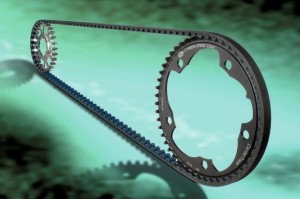
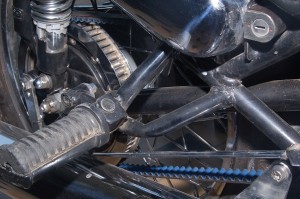
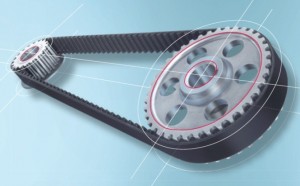
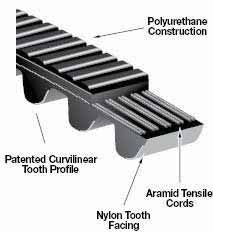


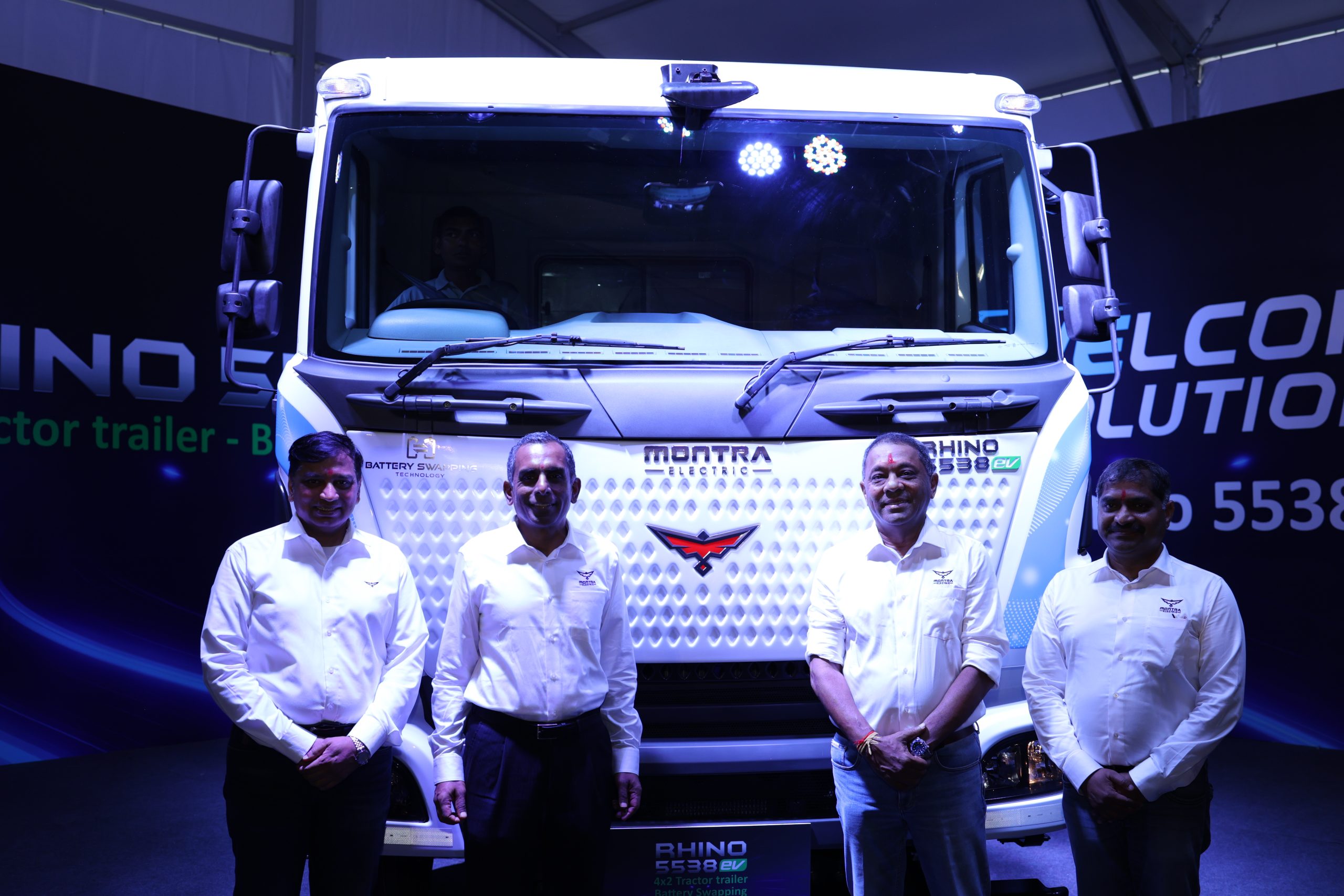
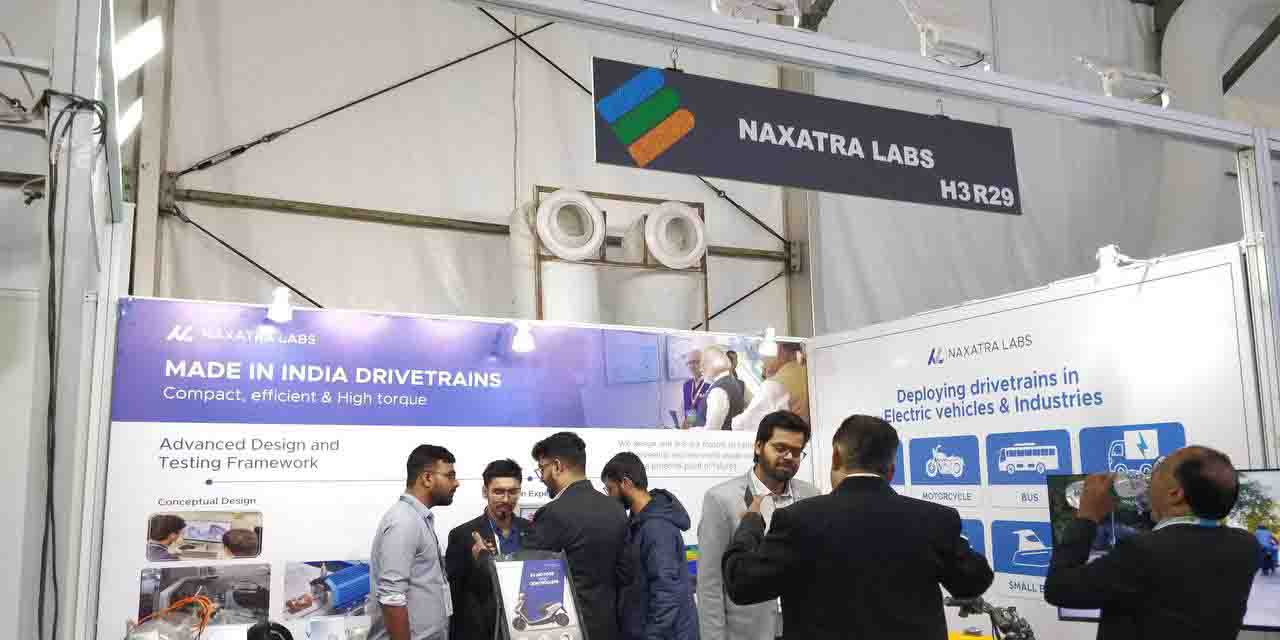
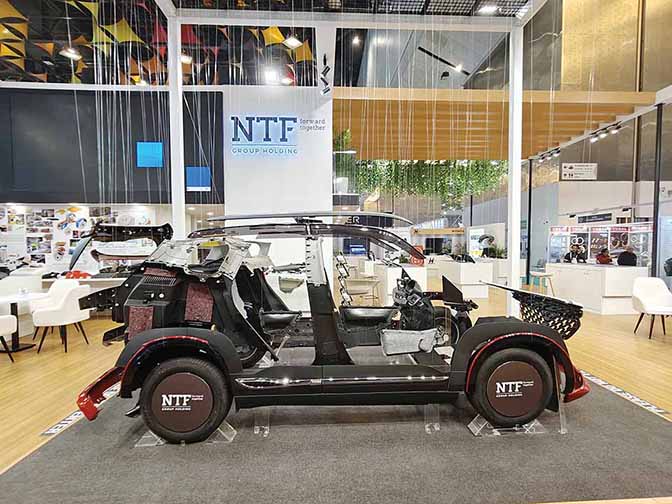
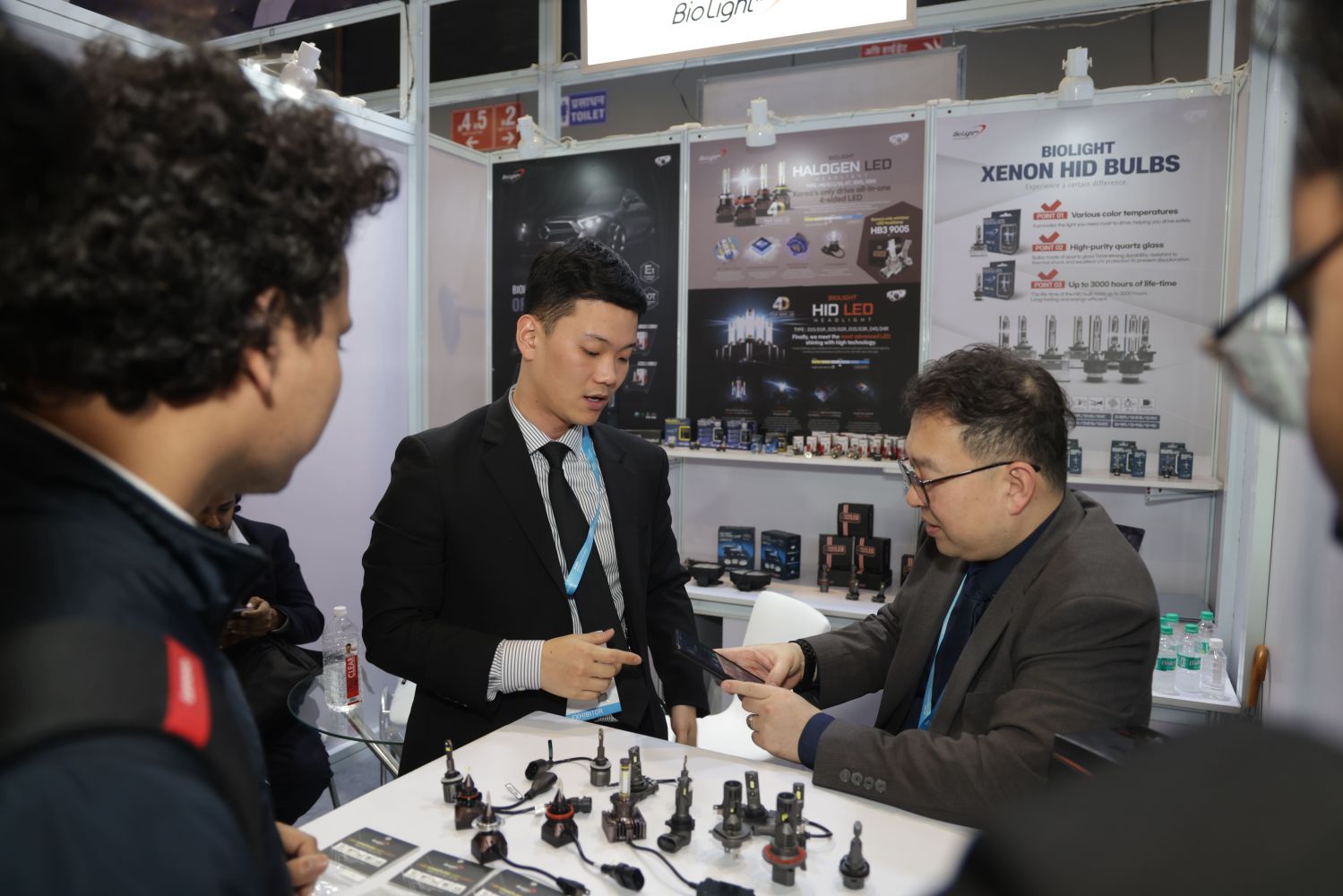
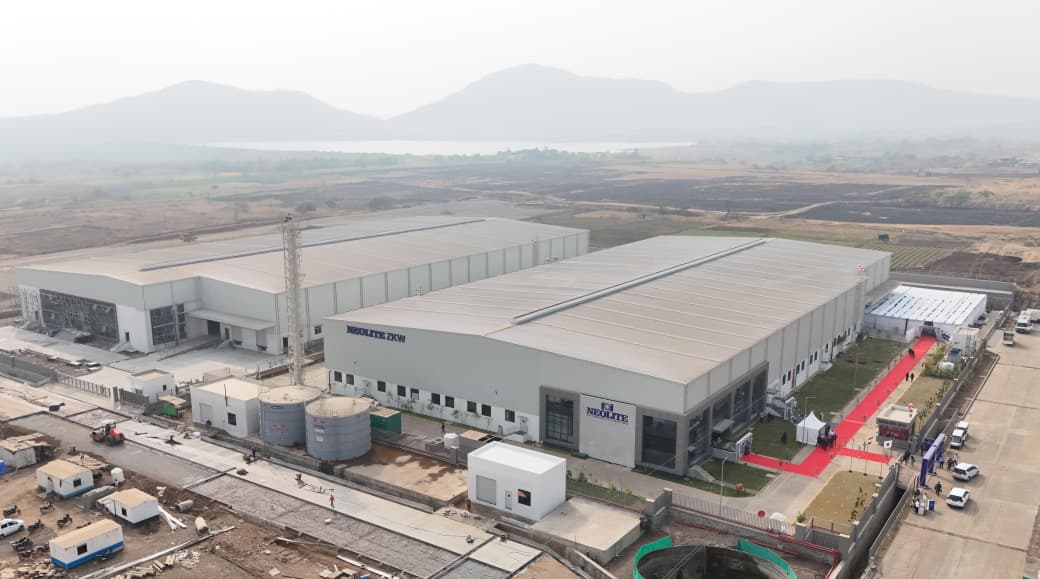
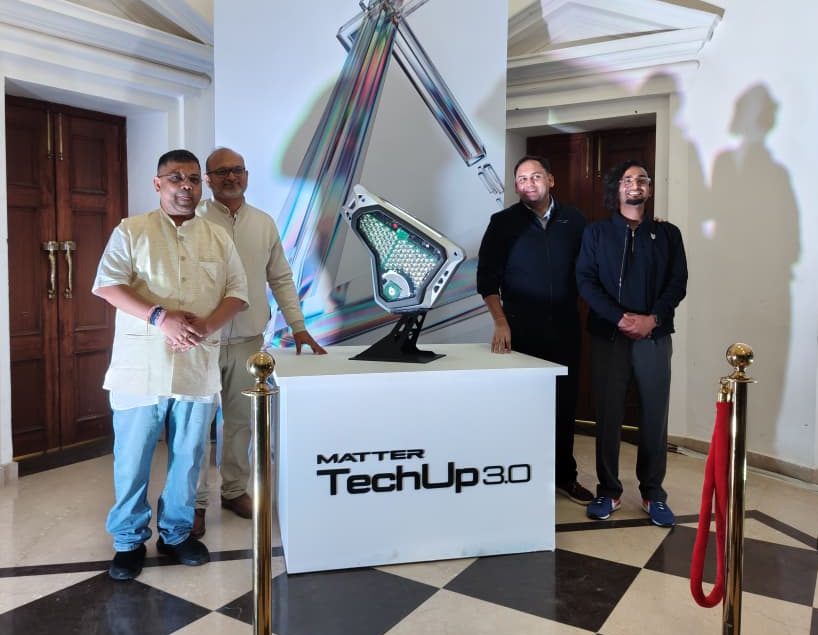
Leave a Reply